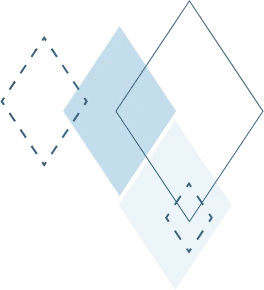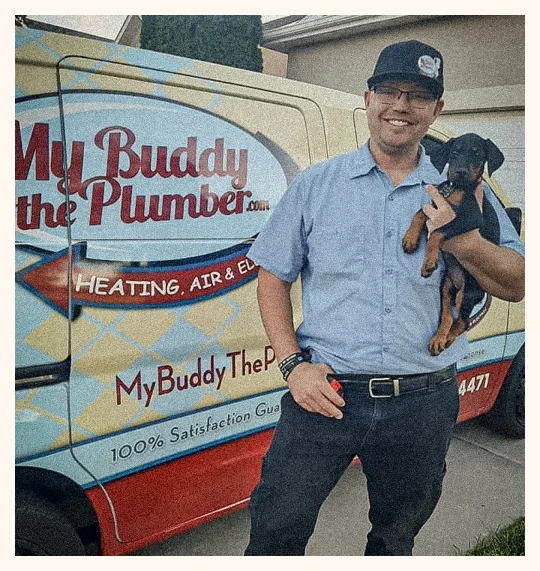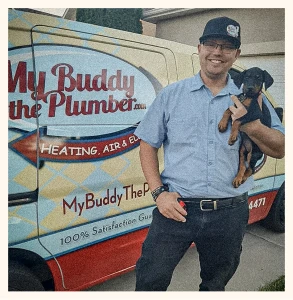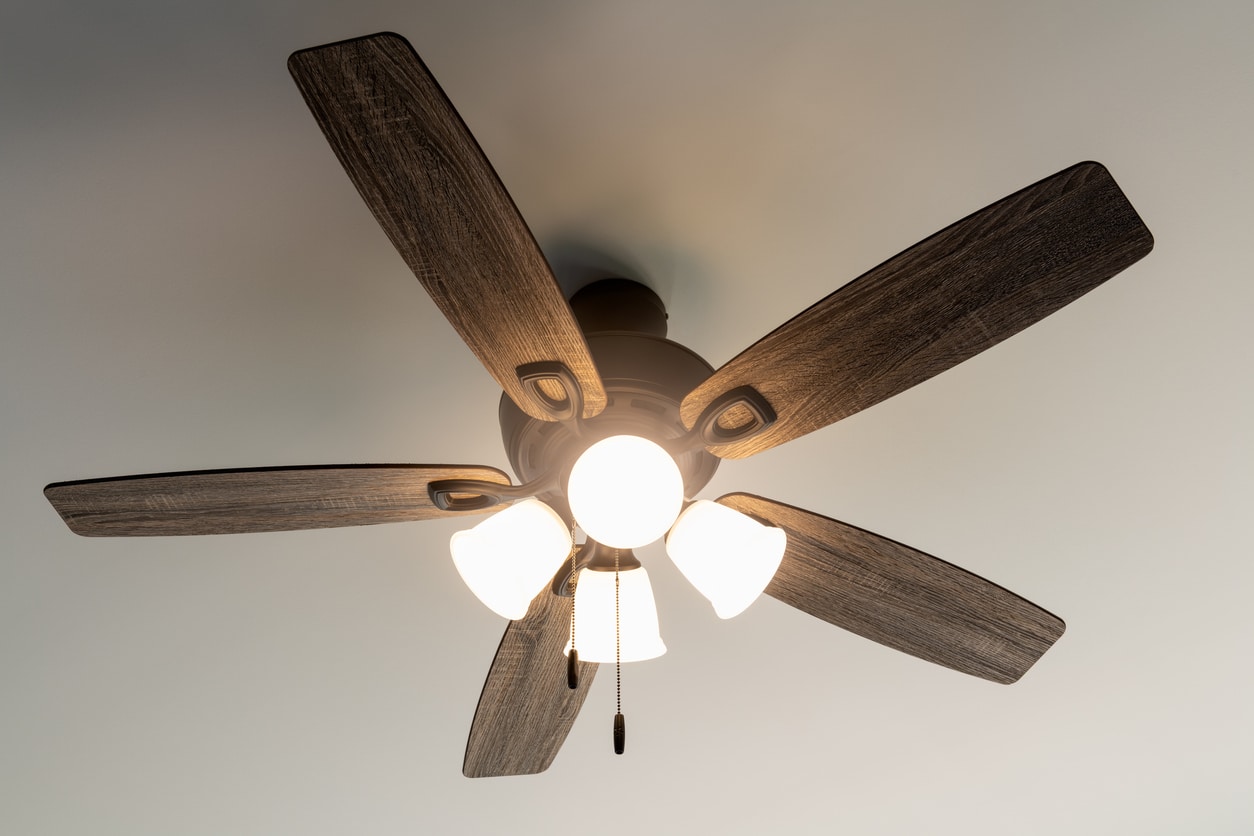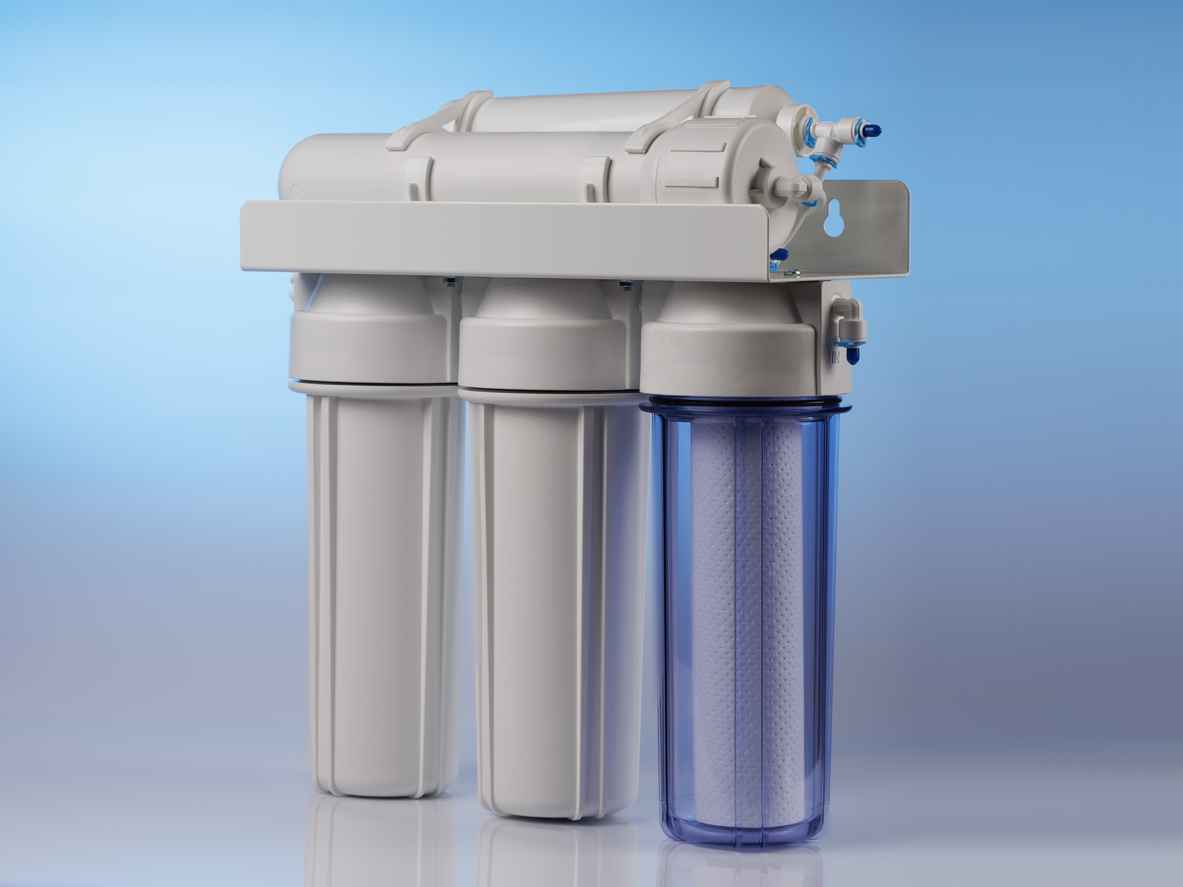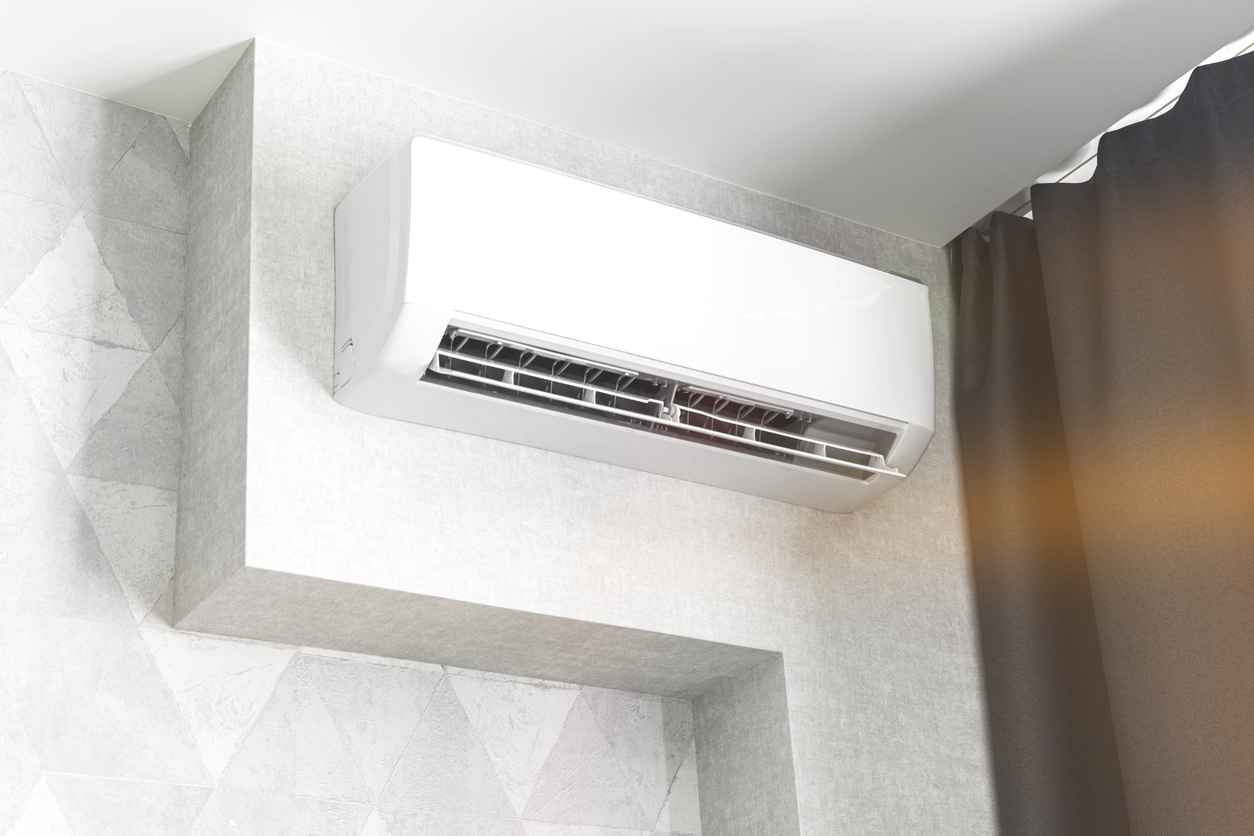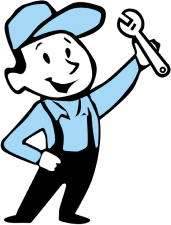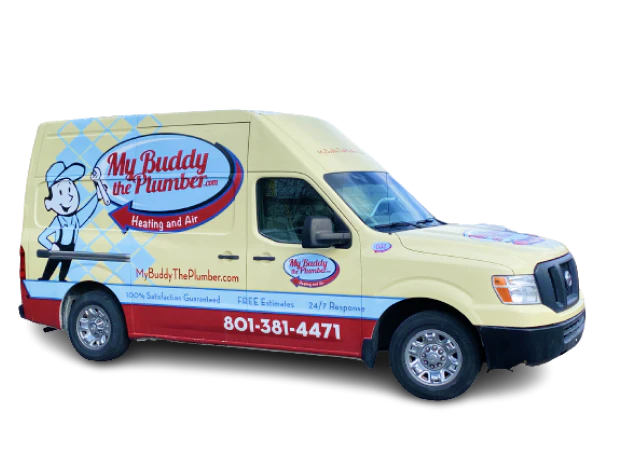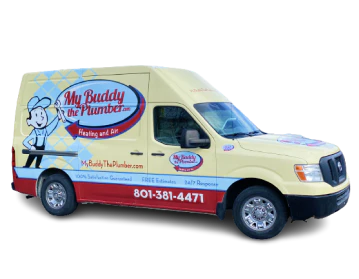High Water Pressure Can Cause Expensive Problems
Does your water pressure seem too low? Too high? Do you have noisy, rattly pipes? If so, it’s time to call the experts at My Buddy the Plumber, Electric, Heating & Air. Water pressure issues are not only annoying, they may lead to larger problems in the future if they’re not addressed.
Some people may think that high water pressure is something good, but a home having too much water pressure can lead to expensive and annoying damage. Excessive water pressure is a major cause of pipe damage, leaks and wasted water.
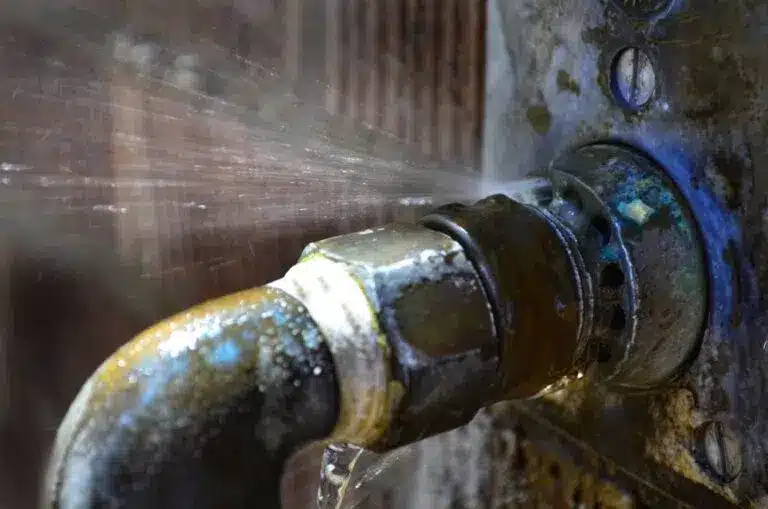
What are the risks of high water pressure?
Some areas of the country including Utah are experiencing severe drought at the moment, which makes one of the risks of high water pressure even more important: water wastage. When water pressure is too high water starts to drip and dribble out of faucets, showers, and toilets. Over an extended period of time this loss of water can add up to a lot, and as a precious resource water should be conserved. High water pressure will begin to erode pipes and over time the damage to household plumbing can be a major problem. Apart from functional damage, high water pressure can be incredibly irritating! The term ‘water hammer’ is used to describe that loud banging noise when highly pressure water encounters a valve. Changes in water pressure can cause your house’s plumbing to creak and groan, and this can be a very disruptive experience.
Low and high water pressure are different problems with different root causes. In some cases both conditions exist. For instance, if you have old galvanized plumbing, there will likely be low volume, which rears its ugly face as low water pressure. Of course the problem is low volume delivery due to rust buildup in the line. When rust-clogged water pipes and high pressure exist you may experience a shot of high pressure for a second or two, and then the pressure and volume fall off dramatically.
Replacing old galvanized piping with copper will resolve the more important issue, which is adequate water supply delivery. But if it’s an issue of high pressure, you may need to install a PRV (pressure-reducing valve). When this valve is installed, you must also install an expansion tank to compensate for thermal expansion when water is being heated. An important factor in minimizing wear-and-tear in the pressurized side of your plumbing system due to high pressure is to control excess pressure from damaging your water supply side. This means monitoring the supply pressure by taking pressure readings at your hose bib:
The reading should be around 55 to 60 PSI. If it is higher than 70 PSI then the excessive pressure will definitely shorten the lifespan of many plumbing components in your home and will cause premature failure.
The items affected include:
- Ballcock fill valve inside of your toilet tank
- Washing machine solenoid valves
- Dishwasher solenoid valve
- Water heater life span
- All of your faucets – including the shower valve cartridges inside your tub and shower –
- All of the flexible water supply connectors
- Emergency shutoff valves
These are all expensive repairs and you want to get as much service life as possible from them before you replace them. The risk of water damage resulting from a ruptured water supply line is the biggest risk. The repair to fix the water leak is usually simple, while the restoration bill is the big one.
Here are some of the symptoms and repairs that should tip you off to a possible high or unregulated water pressure scenario in your water supply system:
Running toilet:
- Remove the tank lid and carefully place it on a soft surface on the ground away from where someone can kick it or trip over it.
- Listen to the water fill up inside the tank. If the pressure seems too good when it is filling, and it is loud, you may have high pressure.
- Has the fill valve been replaced more than once over the last 10 years?
Faucet drip:
If your tub or shower is dripping in the off-position the water pressure should be checked right away. Most cartridges are not designed to handle higher pressures and will prematurely leak when high pressure exists.
- If you change out a shower/tub cartridge and don’t get the pressure back within normal limits right away, you will probably shorten the lifespan of the new cartridge and you will experience premature failure again.
- If you hear a slamming sound when turning off the faucet, or when other valves turn off, it is likely you have high pressure/loose pipes.
- If the faucet spout rises hard when you turn the water on it is usually an indicator of high water pressure.
- If your water heater is leaking water out of the temperature and pressure relief valve drain pipe. Note: We said, “water is leaking,” not “steam is blasting.” (If steam, or steamy hot water is blasting out, then someone should shut off the gas valve to the water heater immediately, and call a service professional.)
- Otherwise, if you see water leaking from the end of the water heater temperature and pressure relief valve drainpipe, it means the T&P valve is defective and should be replaced.
- Or it means that you may have water pressure exceeding 150 PSI at some point, provided the thermostatic gas valve is not defective.
- Even if you have a PRV, it may be defective, or your thermal expansion tank is defective, or there may be a PRV, and no thermal expansion tank causing pressure spikes.
- We highly suggest hiring a plumber to install a PRV valve and a thermal expansion tank.
Low pressure:
It is rare when low water pressure is the result of having low pressure:
Low pressure throughout a water system usually comes down to galvanized piping that needs to be replaced, or an undersized pipe supplying too many fixtures. All of these issues are easily fixed.
What should I do if I have high water pressure?
Luckily, it’s never too late to solve any of the problems associated with high water pressure. If you’ve noticed any leaky pipes or strange noises and your plumber has confirmed that these are indeed caused by high water pressure, the next step will most likely be to replace some pipes and seal any leaks. Then we will install a pressure regulating valve to reduce the potential damage to your household plumbing. If you need help, we’re experts at fixing small problems before they become big ones!
Recent Posts
Recent Posts


Join the My Buddy Club
Easy Maintenance & Exclusive Benefits
The My Buddy the Plumber’s Club is our comprehensive maintenance membership program that will protect your home comfort systems! From an in-depth home plumbing inspection to thorough furnace and air conditioning tune-ups, the club does it all. Our team will ensure your HVAC, plumbing, and electrical systems are running safely and in top shape. Joining our club can also provide plenty of exclusive perks, such as:
- Priority service
- 10% discount on repairs
- No after-hours fees
- Peace of mind
- Matched manufacturer’s warranty
- Tank water heater flush
- Drain cleaning
- Electrical safety inspection

